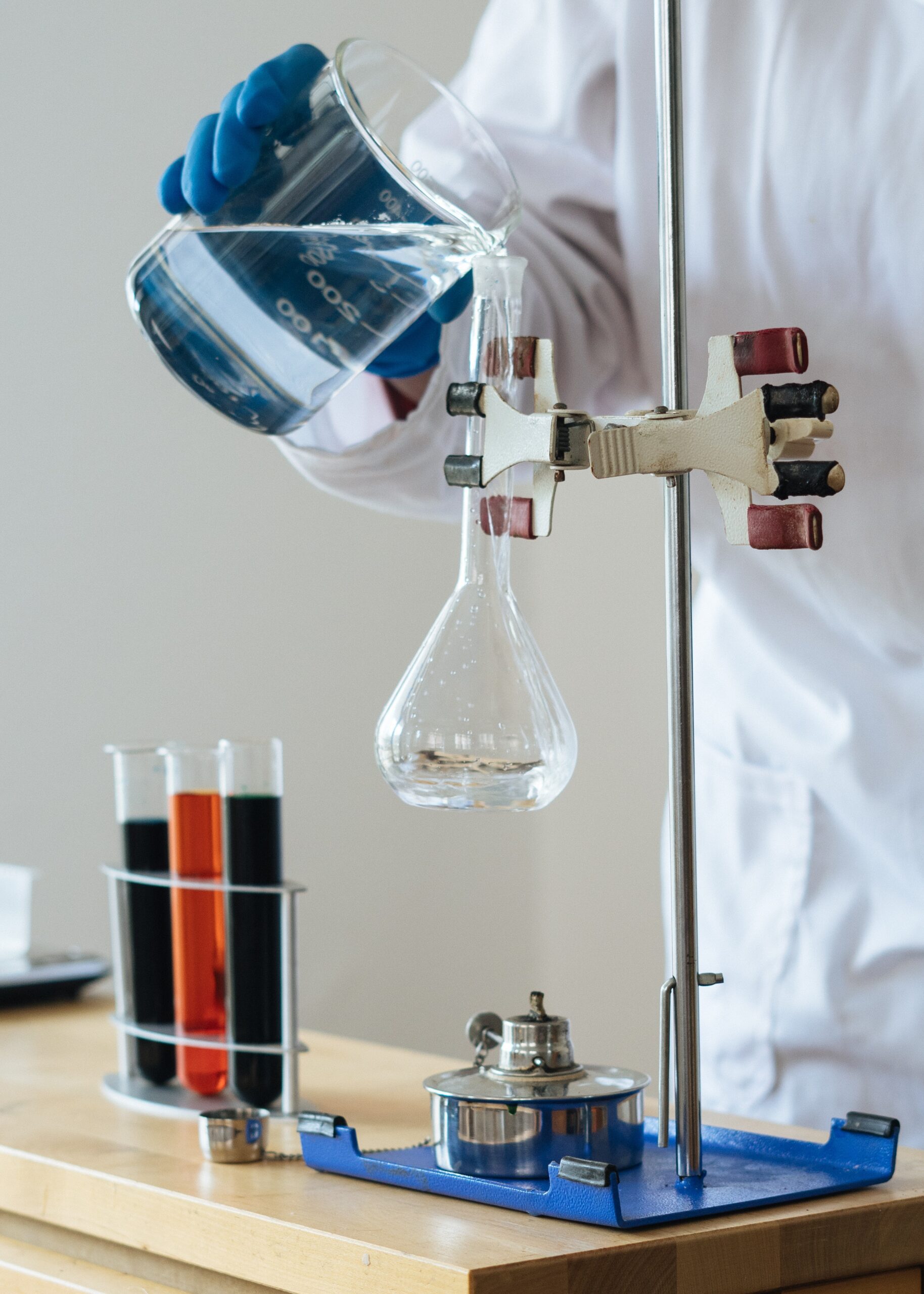A Forensic expert witness may be involved in one of any number of areas of scientific pursuit. He or she may be an anthropologist, a biochemist, a chemist, a dentist, a medical examiner, a psychologist, a psychophysiologist, a toxicologist, or an expert in areas such as ballistics, computers, crime scene reconstruction, fingerprints, firearms, explosives, handwriting, textiles, or toolmarks.

A forensic expert witness is often involved in criminal cases from shortly after the crime is discovered. She or he may be present at the crime scene and involved in examining and collecting physical evidence from the site, using appropriate kits for biological evidence and footprints, collecting impressions of fingerprints, and gathering specimens of other pertinent evidence. Documenting the scene with written records and photographs is another aspect of the job.

The forensic scientist’s role often includes work in a laboratory, examining and analyzing evidence with tools and techniques specific to his or her specialty. Depending on that specialty, the forensic scientist may use certain tools that are standard in many laboratories. Examples include tools such as chromatographs, spectrographs, and scanning electron microscopes, depending on whether the scientist is, for example, analyzing drugs, chemicals, or comparing very small amounts of questionable material with known material, respectively.

